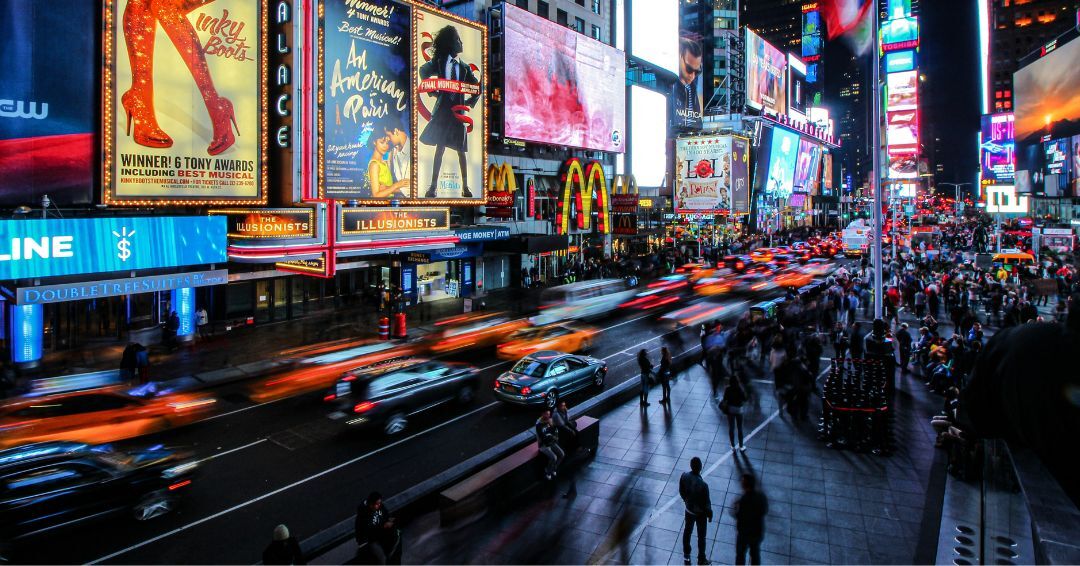Key Takeaways
| ⚡ Inflation in the US has cooled, with the Consumer Price Index (CPI) showing a slowdown in price increases. |
| ⚡ Despite global economic uncertainty, the US economy continues to show resilience, with strong consumer spending and low unemployment rates. |
| ⚡ Federal Reserve policies, including interest rate hikes, have been effective in curbing inflation without derailing economic growth. |
| ⚡ Experts predict that inflation will remain under control, but supply chain challenges and global factors could introduce volatility. |
Inflation Cools in the US Economy Shows Resilience: A Positive Outlook
After months of worrying about rising prices, the US economy has shown signs of recovery, with inflation cooling down in recent months. The latest data indicates that the Consumer Price Index (CPI) has slowed, giving both policymakers and consumers a reason to feel more optimistic. Despite global economic challenges, the resilience of the US economy has been evident, as consumer spending remains strong and unemployment continues to hover near historic lows.

CPI Slows: Signs of Inflation Cooling
Inflation has been one of the biggest economic concerns in recent years, with rising costs for everything from groceries to housing. However, recent reports show that the inflation rate has started to cool, with the Consumer Price Index showing a slowdown in price increases. The moderation of inflation is a positive development, signaling that the aggressive measures taken by the Federal Reserve, such as interest rate hikes, may be starting to take effect.
The Resilience of the US Economy
Despite global supply chain disruptions, geopolitical tensions, and the ongoing challenges of the pandemic's aftershocks, the US economy continues to demonstrate resilience. Strong consumer spending, a low unemployment rate, and steady GDP growth have provided a foundation for economic stability. While inflation was once a looming threat, the economy's performance in recent months suggests it can handle these pressures without tipping into recession.
Federal Reserve's Role in Curbing Inflation
The Federal Reserve's monetary policies have played a crucial role in addressing inflation. By raising interest rates, the Fed has successfully slowed the economy enough to curb inflation without causing a significant economic downturn. These measures, while controversial, have been effective in preventing runaway price increases, which could have negatively impacted consumers and businesses alike. The balance between fostering economic growth and keeping inflation in check remains delicate, but so far, the Federal Reserve has managed to navigate this challenge.
Challenges Ahead: Global Uncertainty and Supply Chain Issues
While the US economy is on the path to recovery, it is not without its challenges. Global uncertainty, such as geopolitical tensions and ongoing supply chain issues, could introduce new volatility. The Fed’s actions will continue to be scrutinized as it navigates the balance between fostering economic growth and containing inflation. Nevertheless, experts are cautiously optimistic that the US economy will continue to show resilience in the face of these external factors.
"The cooling of inflation signals a hopeful future for the US economy, but the road ahead requires careful management of both domestic and global challenges." – Economic Analyst








.jpg)